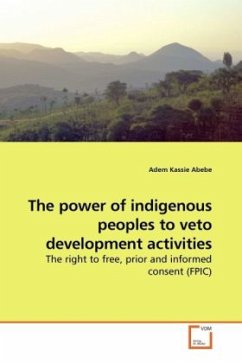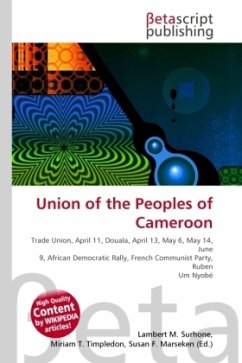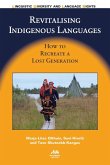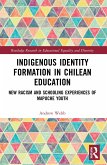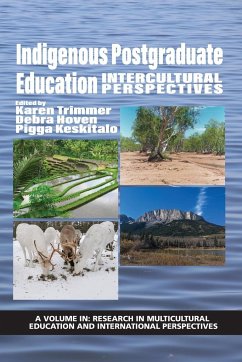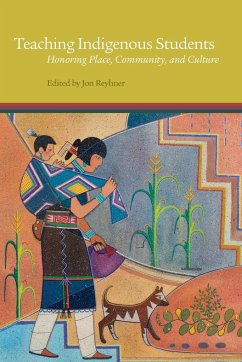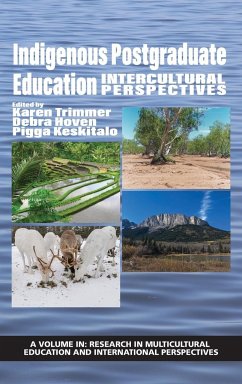The book explores mechanisms on how to balance national interest with the right to FPIC of indigenous peoples. Indigenous peoples are among the poorest, most disadvantaged and often excluded populations, and are particularly vulnerable to changes caused by development projects. Fortunately, they have now been recognised in international law and policy. Their existence in Africa and their entitlement to all the rights in the African human rights system has been reaffirmed by the African Commission through adopting the Report of the Working Group. Although not legally binding, the adoption of the Declaration marks a significant step forward in the protection of the rights of indigenous peoples. The right to self-determination, which was at the heart of the long controversial drafting process, is the most central guarantee in the Declaration on the Rights of Indigenous Peoples. Arguably, international law recognises the right to self-determination of indigenous peoples. As progeny of this right, the Declaration requires free, prior, and informed consent (FPIC) of indigenous peoples over development activities that affect them.
Bitte wählen Sie Ihr Anliegen aus.
Rechnungen
Retourenschein anfordern
Bestellstatus
Storno

